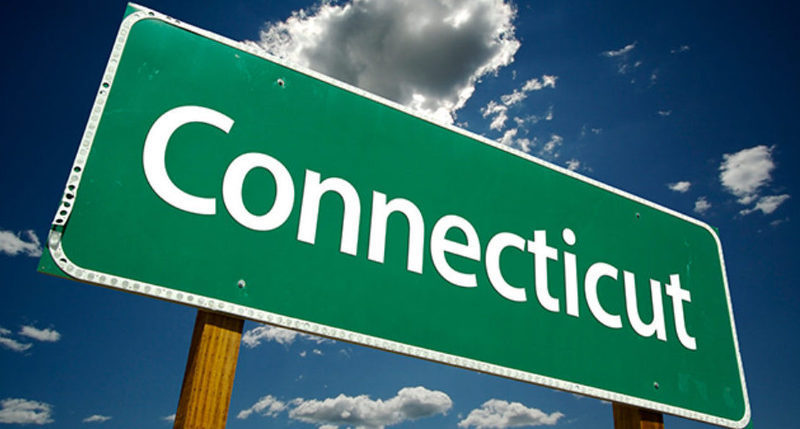 Connecticut's lower house legislature overwhelmingly passed a bill that would legalize sports betting and online gambling in the state.
Connecticut's lower house legislature overwhelmingly passed a bill that would legalize sports betting and online gambling in the state.
According to the report CT Mirror, The House voted 122–21 in favor of a bill that would allow both the Connecticut Lottery and two federally recognized tribes to offer sports betting. Nine Democrats and 12 Republicans voted against the bill. Overall, there was support from both sides.
Two tribes, the Mashantucket Pequot tribe and the Mohegan tribe, own and operate two casinos in the state. The bill would allow them to offer online casino games including poker as well.
The lottery will create 15 retail bookmakers, with several dedicated to Hartford and Bridgeport, the two larger cities in the state. Players will be able to bet on professional and collegiate athletics, with the exception of individual games on the University of Connecticut football and basketball teams. These bets will be prohibited under this Act.
The bill now goes to the Senate. If it's handed over there, it'll go to Governor Ned Lamont's desk. Lamont's signing of the bill after negotiating a new settlement with the two tribes is a key lock for Lamont, kicking off a proposal that is now making its way to the legislature.
In March, Lamont agreed to an online gambling deal with two tribes. The deal was identical to the legislation passed by that house, which allowed for sports betting to be split between tribes and a lottery, but gave tribes the ability to offer online gambling.
Once Lamont is signed, the law will amend the current gaming agreement between the state and the tribes. Because it applies to federally recognized tribes, these amendments will need to be approved by the Department of the Interior.
If this bill becomes law, Connecticut will be the seventh state to legalize online poker, joining Nevada, New Jersey, Delaware, West Virginia, Pennsylvania and Michigan. Several neighboring states have already legalized sports betting, including New York and Rhode Island.
Online gambling revenue will be taxed at 18% for the first five years and 20% thereafter. Sports betting will have 13.75% of revenue tax.
The Office of Fiscal Analysis estimates that this bill would generate a total of $27.9 million in new tax revenue.

